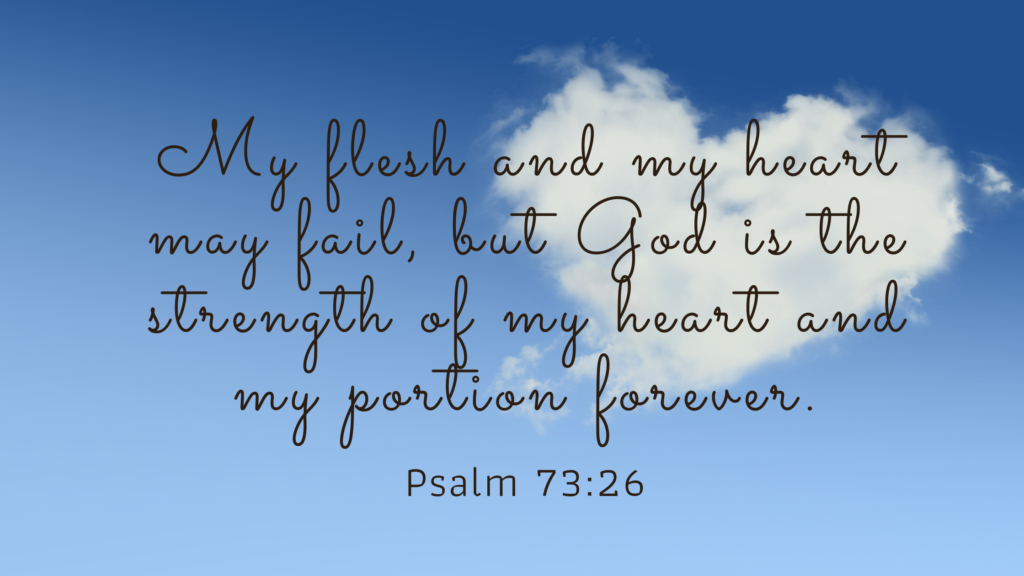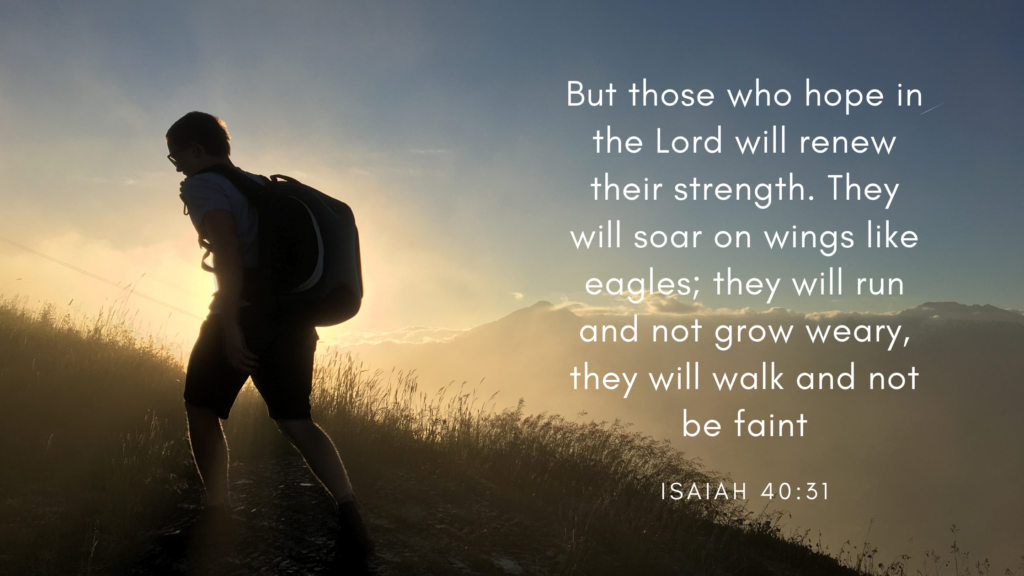I’ve battled anxiety for as long as I can remember—and chances are, I’ll continue to wrestle with it until the day my hair turns gray. For much of my life, I felt like a fraud—pretending to be okay, smiling to please others, and hiding the sadness, anger, and emptiness that clung to me. The hardest part? I couldn’t even explain why I felt that way.
Just recently, my sister and I were talking about our careers. That conversation opened my eyes to the truth: I had spent five years in my previous job living in a constant state of anxiety. I stress-ate my way through it, probably spending half of my salary trying to soothe what I couldn’t understand. And when I finally quit, I didn’t feel free—I felt like I’d hit rock bottom. It was painful, but it became a turning point. That low moment marked the beginning of my journey to finding strength at rock bottom.
If you’re struggling with suicidal thoughts, please seek help through your local mental health hotline or speak with someone you trust. You are not alone.
How Do You Know You’ve Hit Rock Bottom?

Truthfully, I didn’t know right away. One night I cried myself to sleep, still holding on to hope that tomorrow would be better. But when I woke up, everything felt hollow. The hope was gone. I wasn’t in pain—I was numb. I felt like there was nothing left to live for.
That wasn’t the last time. I managed to get back on my feet once, only to be pulled down again by another painful trigger. This time, the loneliness was deeper.
Rock-bottom looks different for everyone. But it often comes with common signs: overwhelming sadness, a sense of loss, numbness, or deep exhaustion. According to the dictionary, it’s “the lowest or most unhappy point in someone’s life.”
The NIH describes this kind of emotional collapse as a grief reaction—not always caused by death, but by a significant loss: the loss of identity, security, peace, or purpose. Symptoms may include:
- Emotional: anger, denial, numbness, helplessness, yearning, guilt, depression
- Mental: confusion, disbelief, difficulty focusing, or obsessive thoughts
- Physical: headaches, fatigue, nausea, chest heaviness, frequent illness
- Behavioral: insomnia, withdrawal, irritability, emotional outbursts

Finding strength at rock bottom: What I discovered
People often say that you can’t rise until you’ve hit the bottom. I’ve seen this truth in the lives of many—Oprah Winfrey, J.K. Rowling, Steve Jobs. But for me, finding strength at rock bottom wasn’t just about resilience or success. It revealed something deeper: hope.
In Psalms 18:2 it says “The LORD is my rock, my fortress and my deliverer; my God is my rock, in whom I take refuge, my shield and the horn of my salvation, my stronghold”.
If God is my Rock, then falling to rock-bottom means landing on Him. That place of nothingness—where I had no strength left—became holy ground. He became my refuge, my foundation, and my reason to hope again.
Even in my weakness, I had nothing to fear. God was already working on my behalf. Isaiah 40:31 promises: “But those who hope in the Lord will renew their strength. They will soar on wings like eagles; they will run and not grow weary, they will walk and not be faint.”
It was like a seed planted underground. Hidden, but not forgotten. Watered and warmed by God’s care, it was only a matter of time before new life would break through.

Lifting Yourself from the Lowest Point
The turning point for me was self-awareness. Acknowledging that I suffer from anxiety helped me stop fighting myself and start working with God to heal. In Mathew 6, Jesus reminds us not to worry about tomorrow. That daily surrender helped me build resilience—not through willpower, but through grace. It is through prayers and petitions that I have found hope and strength to push forward.
Even prayer felt hard. Sometimes all I could do was whisper, “Jesus.” Other times, I wrote my prayers just to stay focused. And in the silence, I felt God’s peace surround me.
Philippians 4:7 says: “And the peace of God, which surpasses all understanding, will guard your hearts and your minds in Christ Jesus.”
Practical Steps Toward Healing
Here are a few habits that helped me climb out of the darkness—slowly, intentionally, with God beside me:
- Establish a gentle routine or start a new hobby to keep your mind off from indulging in negative thoughts.
- Nourish your body. Eat healthy meals and exercise regularly. With a healthy body, your mind is more clear to tackle challenges.
- Cultivate a support. Lean on friends, family, or your community.
- Clear the clutter – both physically and emotionally. A clean space helps clear your mind and reduce visual stressors.
You can also check my blog on ways to keep a healthy mind here.
More Inspiration from the Bible
Let these verses be your anchor when the waves feel too strong:
1 Chronicles 6:11
“Look to the Lord and his strength; seek his face always.”

Isaiah 40:29
“He gives power to the weak and strength to the powerless.”
Joshua 1:9
“Be strong and courageous; do not be frightened and do not be dismayed, for the Lord your God is with you wherever you go.”
Psalm 46:1-3
“God is our refuge and strength, an ever-present help in trouble. Therefore we will not fear, though the earth give way and the mountains fall into the heart of the sea, though its waters roar and foam and the mountains quake with their surging.”
Isaiah 12:2
“Surely God is my salvation; I will trust and not be afraid. The Lord, the Lord, is my strength and my song; he has become my salvation.”
1 Peter 5:10
“And the God of all grace, who called you to his eternal glory in Christ, after you have suffered a little while, will himself restore you and make you strong, firm and steadfast.”
2 Thessalonians 3:3
“But the Lord is faithful, and he will strengthen you and protect you from the evil one.”
Deuteronomy 31:6
“Be strong and courageous. Do not fear or be in dread of them, for it is the Lord your God who goes with you. He will not leave you or forsake you.”

The Bottom Line
Finding strength at rock bottom taught me that it isn’t a dead end—it’s an altar. It’s the place where your striving stops, and God’s grace begins.
When there’s nothing left to cling to, hold onto the Rock beneath you. And in that sacred stillness, you’ll discover that hope was never gone—it was planted deep, waiting to rise.

One thought on “From Anxious to Anchored: Finding Strength at Rock Bottom”